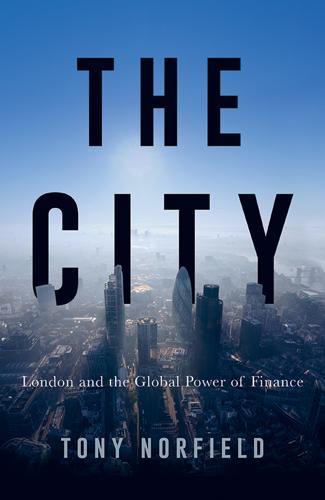
The City
by
Tony Norfield
It built a new International Financial Services Centre, based in Dublin, which attracted traditional fund managers, hedge funds and the branches of some major global banks. I once visited an Italian asset manager based in Dublin and wondered why its European investment headquarters was located there. By 2007, Ireland’s financial and insurance services accounted for nearly 11 per cent of GDP.42 This was not directly linked to the Irish property bubble and bust that left the economy under a mountain of debt, but both were results of the same magical thinking that often accompanies the expansion of finance.43 The Irish economy depends heavily on foreign capital, and a large proportion of Ireland’s GDP ends up being transmitted abroad in foreign investment income payments.
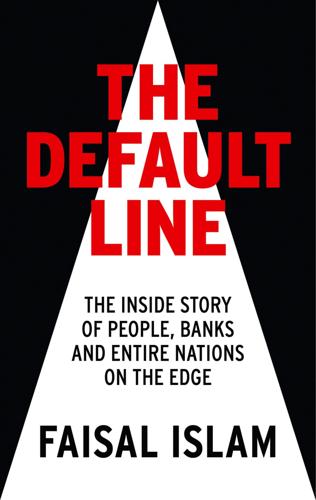
The Default Line: The Inside Story of People, Banks and Entire Nations on the Edge
by
Faisal Islam
Published 28 Aug 2013
It was political cover for a reboot of Ireland. But there was one giant cloud: its rotten banks – in particular, Anglo Irish Bank. It was a cloud that had lingered from the start of Ireland’s descent into the bailout club. Anglo Irish was a basket-case bank, an all-encompassing bet on a never-ending Irish property bubble. Once awarded the title of ‘world’s best bank’, it was fairly close to being the worst, in a competitive field. The skeleton of Anglo’s flashy unfinished headquarters in the Dublin docklands, with a Ferrari dealership next door, is the symbol of Ireland’s excess. Still, that excess would have been a matter for Ireland’s coterie of corrupt, property-addled bankers, were it not for a disastrous decision made in 2008.
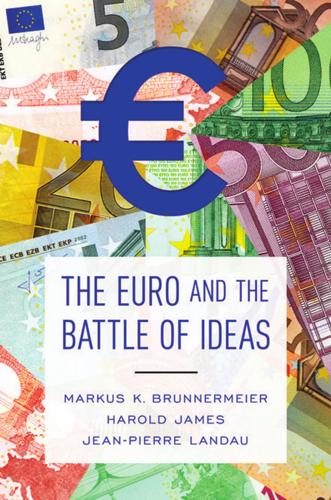
The Euro and the Battle of Ideas
by
Markus K. Brunnermeier
,
Harold James
and
Jean-Pierre Landau
Published 3 Aug 2016
The problem with this policy measure was that some Irish banks were fundamentally insolvent. As we saw above, Irish banks were overexposed to the domestic housing sector and extremely reliant on wholesale funding on the euro-area interbank market. As this market dried up, credit extension collapsed, and the Irish property bubble popped. Existing loans thus turned sour, and liabilities started to exceed assets: Irish banks had become insolvent. Given this insolvency, it is not surprising that the Irish government’s controversial blanket guarantee ended up settling Irish taxpayers with billions of debt. In the words of Patrick Honohan, governor of the Central Bank of Ireland, the crisis was “one of the most expensive banking crises in world history.”12 In sum, what was fundamentally a solvency problem was erroneously treated as an illiquidity problem.
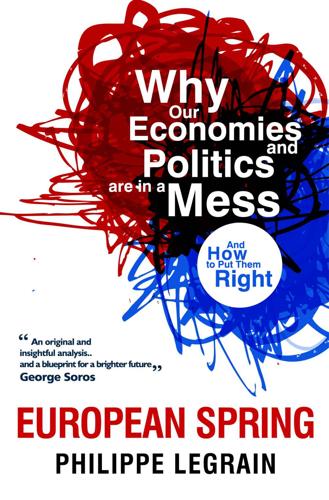
European Spring: Why Our Economies and Politics Are in a Mess - and How to Put Them Right
by
Philippe Legrain
Published 22 Apr 2014
This was a flagrant abuse of power by an unelected central banker whose primary duty ought to have been to the citizens of countries that use the euro – not least Irish ones. Bleeding dry Irish taxpayers to repay foreign debts incurred by Irish banks to finance the country’s property bubble was not only shocking unjust. It was a devilish mechanism not for safeguarding financial stability in the eurozone – which would be the ECB’s defence for its actions – but rather for amplifying instability. It entrenched governments’ backstopping of bank debts, sparking fears about countries that had experienced an Irish-style bank-financed property bubble, notably Spain. And it threatened to drag even countries with a reasonably sound banking system, such as Italy, into the doom loop if the situation deteriorated.
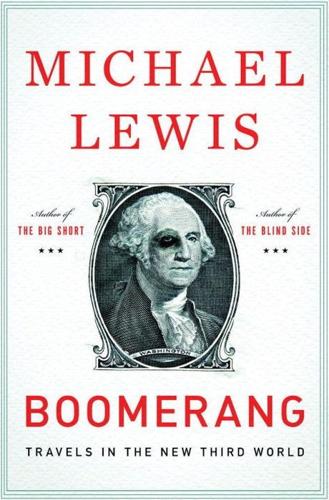
Boomerang: Travels in the New Third World
by
Michael Lewis
Published 2 Oct 2011
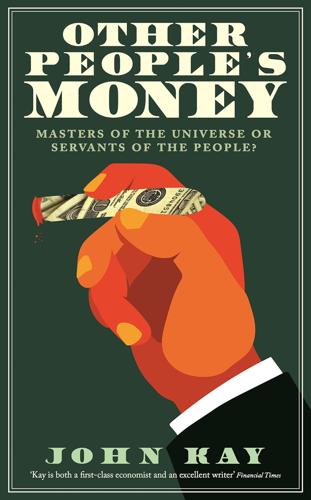
Other People's Money: Masters of the Universe or Servants of the People?
by
John Kay
Published 2 Sep 2015
Yet Ireland is not the worst imaginable case: Ireland’s banks were not very large, and their losses were substantially attributable to bad lending within Ireland itself. That the bail-out was essentially a redistribution within Ireland to the spivs, speculators and ordinary opportunistic Irish folk who had taken advantage of the country’s property bubble, from Irish taxpayers (thus relieving foreign lenders to Irish banks of their potential losses). If Scotland had been an independent country, a similar promise to its two failed banks would have been catastrophic: the liabilities of the Bank and the Royal Bank were more than ten times the country’s national income.
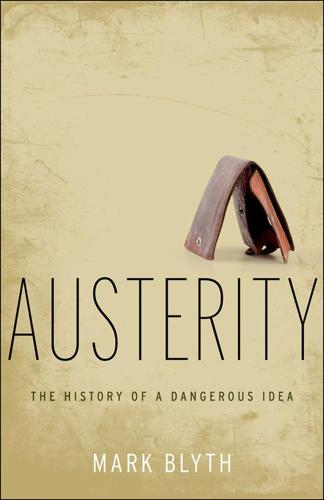
Austerity: The History of a Dangerous Idea
by
Mark Blyth
Published 24 Apr 2013
When the interbank market froze following Lehman’s collapse, the ability of the Irish banks to service their loans collapsed along with Irish property prices, taking the entire banking sector down with it. Fearing financial Armageddon, the Irish government issued a blanket guarantee for the entire banking system’s liabilities, and that 400 percent of assets as GDP on the private sector’s balance sheet very suddenly became the Irish public’s problem. The combined result of the property-bubble collapse and the banking system implosion was “the largest compound decline in GNP of any industrialized country over the 2007–2010 period.”30 Government debt increased by 320 percent to over 110 percent of GDP as the government spent some 70 billion euros to shore up the banking system.
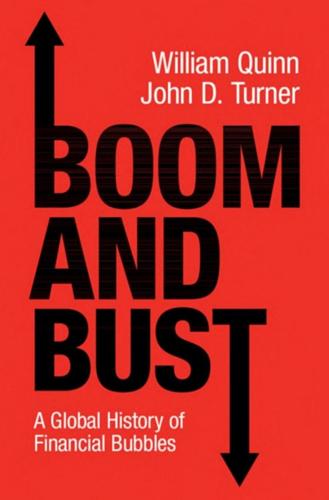
Boom and Bust: A Global History of Financial Bubbles
by
William Quinn
and
John D. Turner
Published 5 Aug 2020
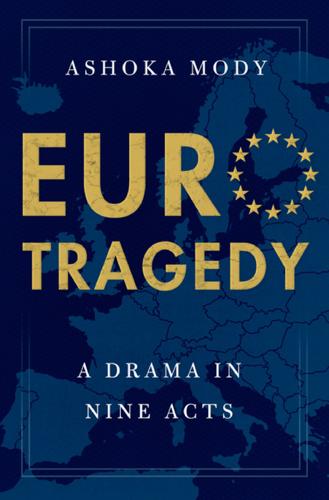
EuroTragedy: A Drama in Nine Acts
by
Ashoka Mody
Published 7 May 2018
With endless tragic monotony, first the Italian and then also European authorities continued with denials, delays, and half measures. The role of European authorities in national banking systems was a recent development. All these years, national supervisors had been responsible for monitoring and disciplining the banks operating in the country. But the Irish and Spanish credit and property bubbles had led many observers to conclude that national supervisors were likely to become too cozy with their own banks and would, therefore, allow irresponsible banks to take on too much risk. The verdict was that a single eurozone-wide bank supervisor, detached from national politics and pressures, would ensure prudent bank behavior.